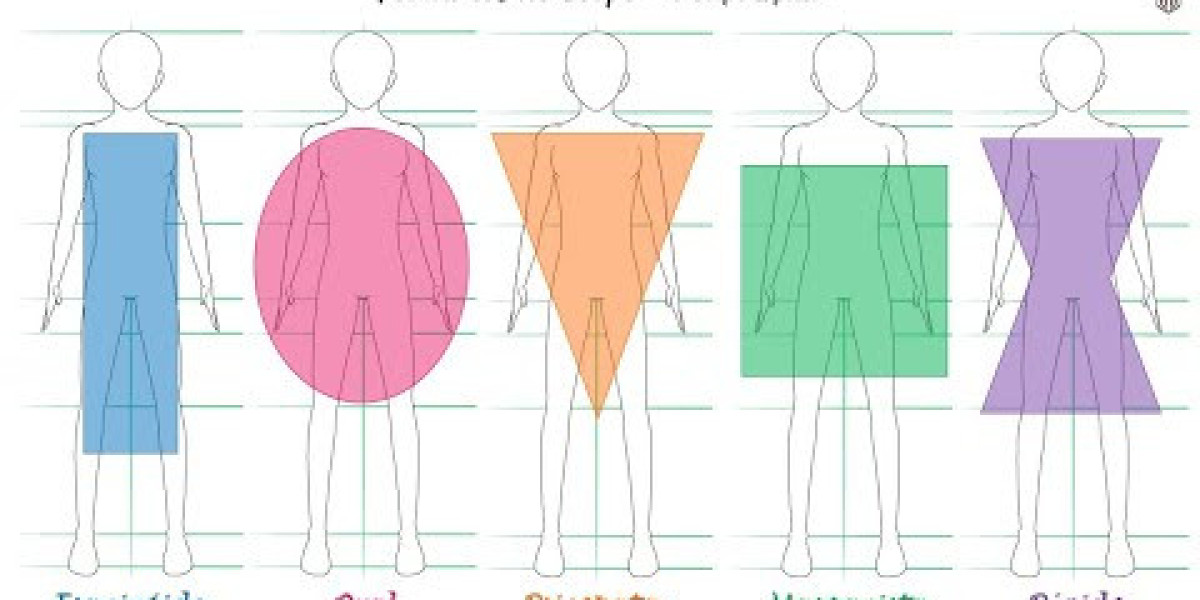As a primary step, people can study their emotions, perceive what occasions and stimuli activate certain emotions for them, quem faz Avaliação corporal? and the outcomes that tend to follow. If you scored 10 or less, your rating is in the low alexithymia range, suggesting sturdy emotional consciousness. While the components of the emotions we really feel are present in all people, the depth and expression of those emotions differ from one particular person to a different. For instance, earlier than a cocktail party or related social event, a human might really feel "apprehensive" because they wish to really feel like they belong to a particular group. If you scored 27 or more, your rating is in the excessive range, suggesting difficulties understanding and describing emotions. If you scored between eleven and 26, your rating is in the common vary. By understanding and labeling this emotion, the person might be much less hard on themselves for feeling a bit nervous.
The exercises are briefly defined, and can be entry with a subscription to the Toolkit, which incorporates over four hundred helpful instruments. Emotional assist can come from other sources, too — non secular or religious sources, neighborhood activities, and even your pets. NIMH Information Resource Center
You most likely needed to talk to someone about the issue, however you could not have necessarily wanted them to repair it for you or make it go away. The terms are sufficiently close to saying that in the absence of either, our life lacks a story. Whatever kind it takes, this help can improve anyone’s outlook and basic wellness. As people, we need something to strive for and a way of connectedness between the necessary moments that make up our existence (Steger, 2009).
Skip the advice The following instruments and methods are taken from our Positive Psychology Toolkit© and may help your work with clients in their search for objective and meaning.
In the guts of our battle, our very function is at stake. Wise and measured use of aggression is essential not only to self-actualization, but at uncommon vulnerable moments, to our very survival. For those who battle with persistent anger, or for many who solely experience occasional outbursts, learning expertise to identify and navigate this highly effective emotion can lead to development and alter. However, within the setting of different bodily symptoms or illness, aggressive tendencies may be representative of an illness. Shifting focus away from the offender and to the occasion's penalties allows individuals to integrate the expertise into their narrative and launch their grudge. The query of why some shrug off annoyances while others explode in rage is an interesting one. A balanced relationship with aggression encourages us to speak up when we have to, to take action and hold clear limits in tough conditions.
If your behavior is passive-aggressive and inflicting issues in your relationships, ask your physician about beginning therapy to search out the trigger of your conduct and make changes. Passive-aggressive feedback embrace backhanded compliments and patronizing or sarcastic statements. Step 3: Notice anger's impulse
Additionally, since the one that is being passive-aggressive does not open up about how they're feeling, the underlying anger or frustration isn't dealt with. The scenario continues to fester as opposed to resolving the problems and transferring ahead. Recent analysis exhibits that there are healthier ways to confront passive aggression and handle relationship conflict.
We and our partners process data to provide:
We have to say ourselves, our boundaries, and our wants — and others should do the identical with us. For example, "I don't prefer it when you frequently present up for meetings late. Nagging or getting offended only places the passive-aggressive particular person on the defensive—often resulting in them making excuses or denying any duty. When we reject our anger, we're lopping off a half of who we are.
Getting Anger & Hostility Under Control
Passive aggression usually stems from underlying anger, disappointment, or insecurity, of which the individual might or will not be consciously aware. Passive-aggressive behavior may be an expression of those emotions or an try to realize management in a relationship. It’s not unusual for a person to make use of passive aggression to get their means after they don’t like battle. For instance, a mother or father who doesn’t want the bedtime responsibilities would possibly play with the child instead of going through their usual sleep routine, driving the opposite father or mother to take over again. For instance, when you inform a coworker you are trying to lose weight, a passive-aggressive colleague might deliver you a cake the next day. In personal settings, for example, a passive-aggressive particular person might repeatedly make excuses to keep away from certain individuals as a method of expressing their dislike or anger toward these people. They may additionally do one thing that seems kind on the floor but is reverse to a different person's needs. Next time you are indignant, try slowly scanning your physique from head to toe. Encourage your self to be curious, compassionate and to keep with the sensations and breathe. While these sneaky techniques might result in a short-term win, confronting the passive-aggressive individual may be necessary to restore belief in the relationship in the long run. One way to get in touch with this emotion is by changing into an "anger detective" and to establish where it shows up in your body. You know you might be experiencing anger instantly when you probably can name it, validate it, sense it in the body, know who it's directed toward, and start to recognize the impulse.
If You're Often Angry Or Irritable, You May Be Depressed
Direct communication isn’t all the time one of the best answer while underneath physical or emotional duress, or in situations which are unlikely to change. In these circumstances, simply eradicating your self from the dynamic for a time frame is a transparent communication to your self you could meet your wants in different ways. These statements additionally give us time to consider our evolving perspective and needs. Notice any sensations that you just're experiencing and attempt to decelerate and befriend them. Depending on the standard and type of relationship, we would also consider sharing our feelings as soon as we’ve made some house for ourselves. Perhaps your temperature rises, or there's rigidity in your core, or you feel an impulse to scream or kick. A passive-aggressive particular person will battle to move through conflict maturely as a outcome of it's by no means actually addressed. A passive-aggressive particular person might give backhanded compliments as a approach to harm the other individual underneath the guise of maintaining an amicable connection. Nevertheless, they might declare that every little thing is fine while harboring resentment and frustration. Passive aggression is especially damaging in relationships.
Does aggression change with age? Trying to win an argument or sticking it out in an unhealthy state of affairs will solely gas your anger. Of course we won’t resolve aggressive feelings by being hostile or by aggressing others.
Is Passive Aggression a Mental Illness? " Sometimes, behaving assertively can show the other particular person how to behave that means, too. In these circumstances, you would possibly proceed by altering the state of affairs quite than altering your emotional state. One of the most effective anger management workout routines is to remove your self from the scenario should you can. A high level of anger is a robust behavioral predictor of early sickness and even dying.
Anger typically serves as a protective masks to assist you keep away from feeling more painful feelings, like embarrassment, unhappiness, and disappointment. Sometimes, your anger is a warning sign that one thing else must change—like an emotionally abusive relationship or a poisonous friendship.



